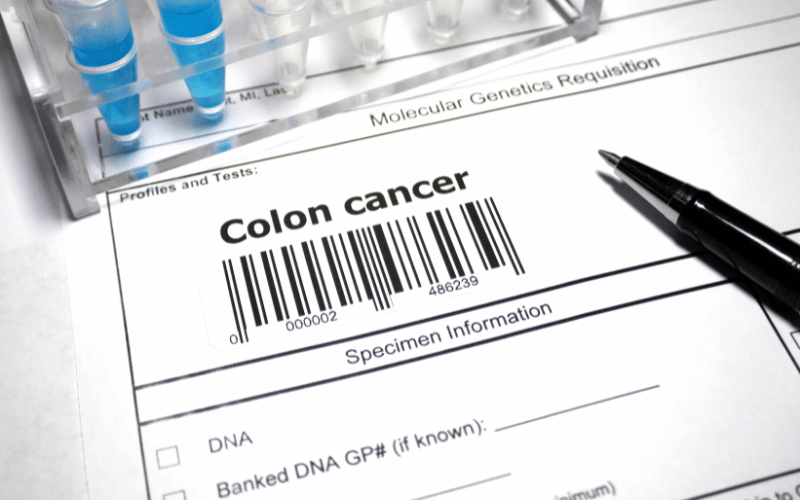Introduction: Navigating the Early Warning Signs of Colorectal Cancer

Colorectal cancer encompasses several types of cancer affecting the colon and rectum. With colon, rectal, and bowel cancer being alarmingly prevalent, early detection becomes crucial.
The onset of colorectal cancer can be subtle, making it easy to overlook or dismiss its symptoms. This article aims to shed light on the top ten signs of this form of cancer. A grasp of these indicators can significantly improve the chances of early intervention, potentially preventing the disease from advancing to a more severe stage.
A consistent rise in colorectal cancer cases has been observed globally. Multiple factors, such as genetics, age, and lifestyle choices, play a significant role in increasing the risk.
While it’s essential to understand that not everyone displaying these symptoms necessarily has colorectal cancer, it is crucial to stay informed. Timely medical consultation can help ascertain the cause and put one’s mind at ease or pave the way for necessary medical interventions.
It is essential to note that many of these symptoms can also be linked to non-cancerous conditions or other less severe health problems. However, it’s the persistent nature of these signs, combined with other factors, that warrants attention.
With that context in mind, let’s delve into the specific symptoms, aiming to provide clarity and detailed insights.
1. Changes in Bowel Habits: A Disturbing Shift in Routine

Bowel habits are as unique to an individual as fingerprints. They are influenced by a myriad of factors including diet, hydration levels, physical activity, and even stress.
For most, these habits are fairly consistent. Thus, a sudden or gradual shift from what’s ‘normal’ for you can be a cause for concern. Experiencing prolonged episodes of diarrhea or constipation or noticing a change in the consistency of your stool can raise red flags.
There’s a spectrum of benign reasons for such changes. For instance, a diet heavy in processed foods might cause constipation, while certain medications or foods can lead to diarrhea. However, when these changes persist and don’t correspond with dietary or lifestyle changes, it becomes worrisome. A tumor or polyp in the colon can obstruct the passage, altering the stool’s journey and, by extension, its consistency.
Furthermore, a tumor can affect the colon’s ability to absorb water. When the tumor prevents the colon from adequately absorbing water, it can result in loose stools or diarrhea.
Conversely, an obstruction can slow down stool movement, leading to constipation. If these changes in bowel habits are accompanied by discomfort, pain, or blood, it further intensifies the need for medical intervention. (1)